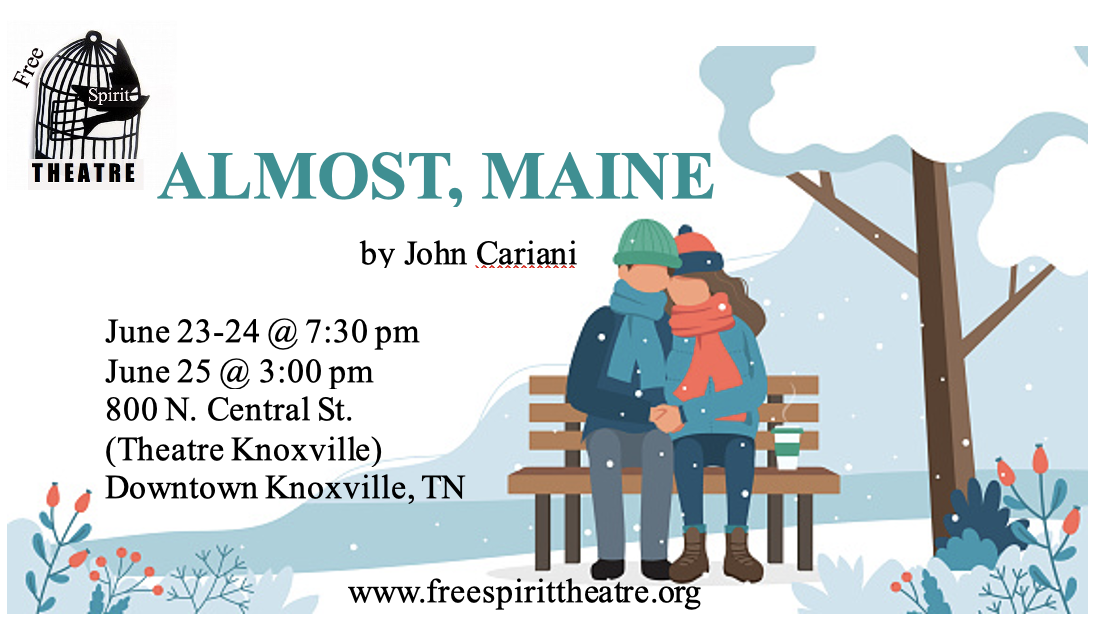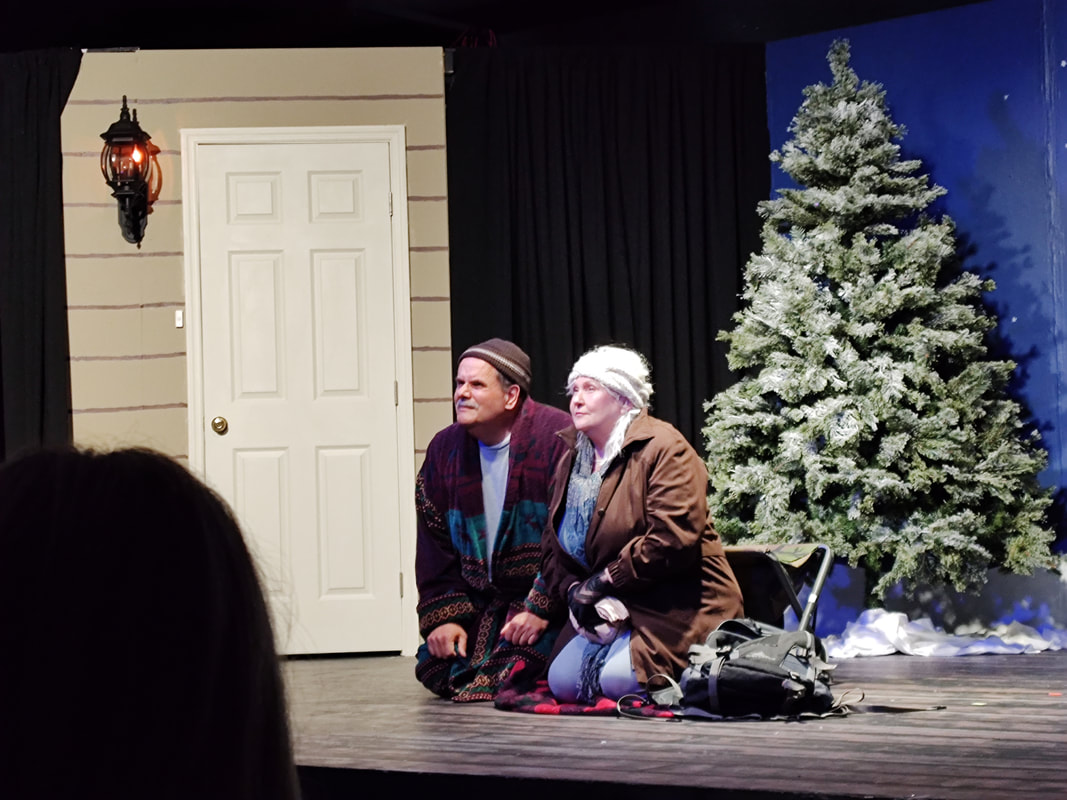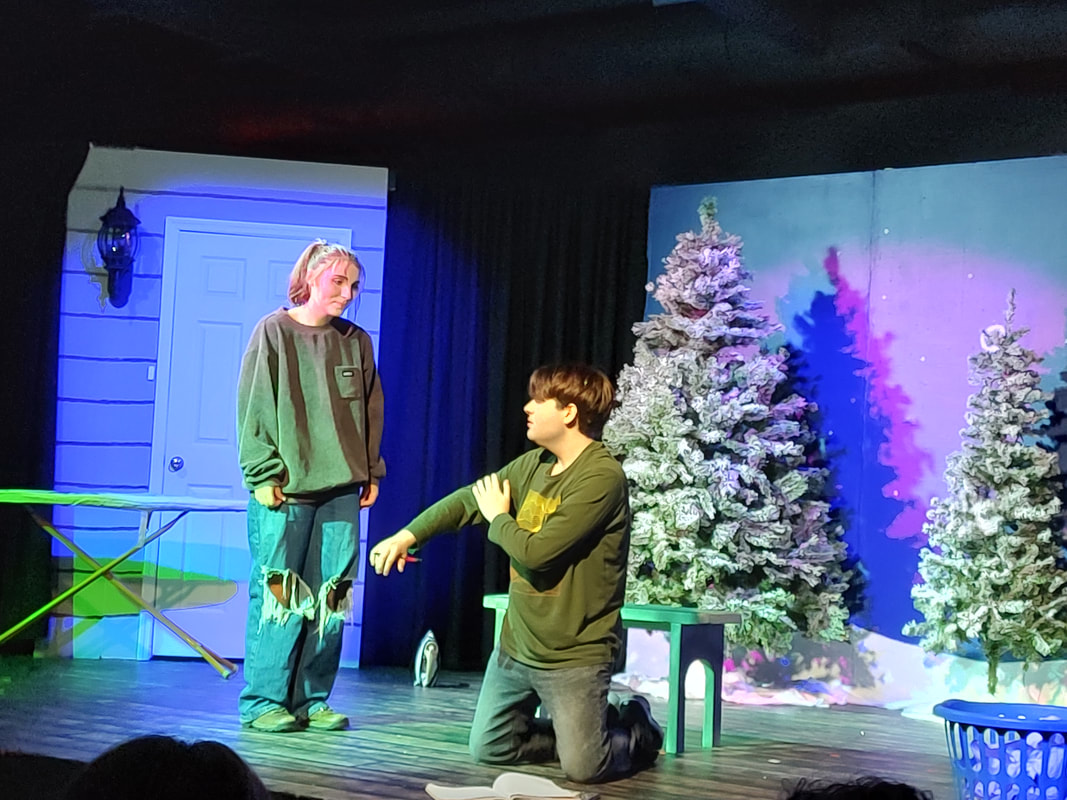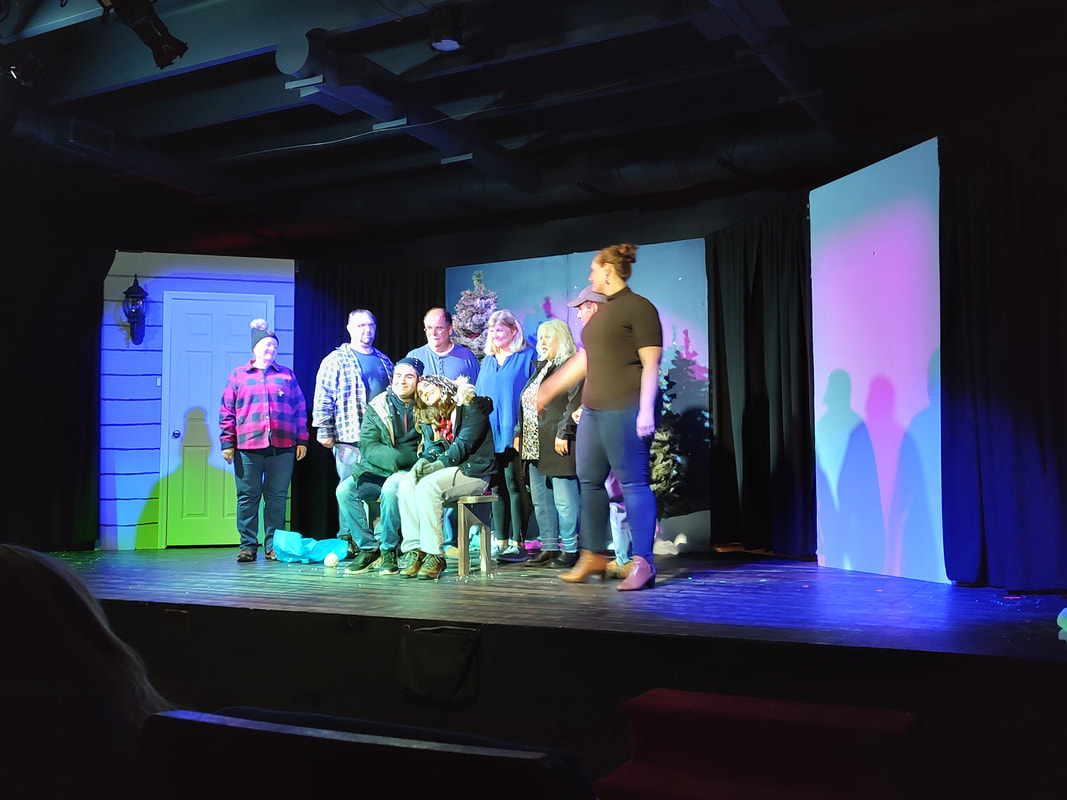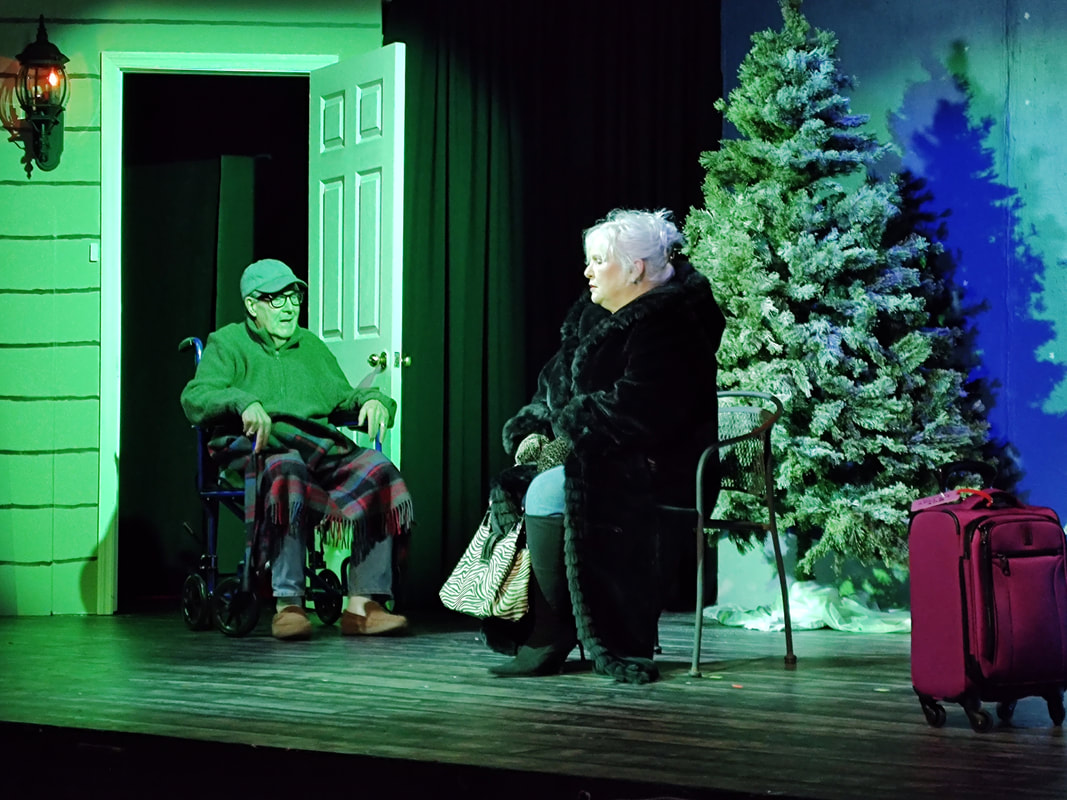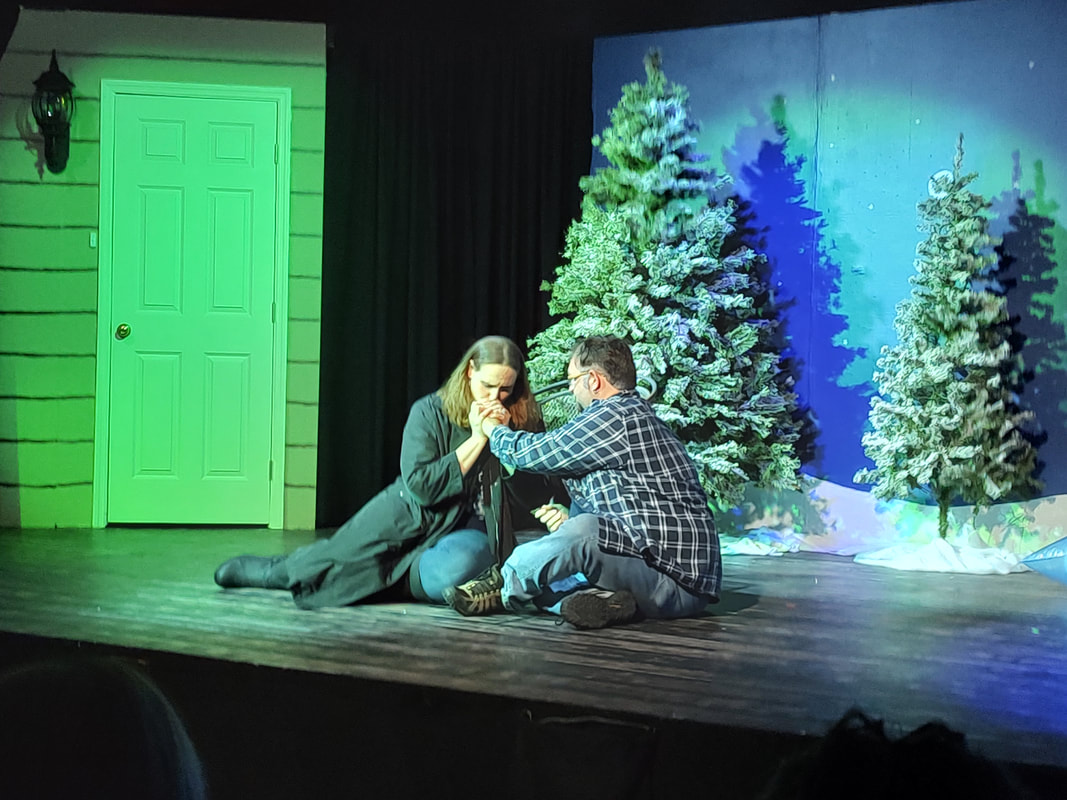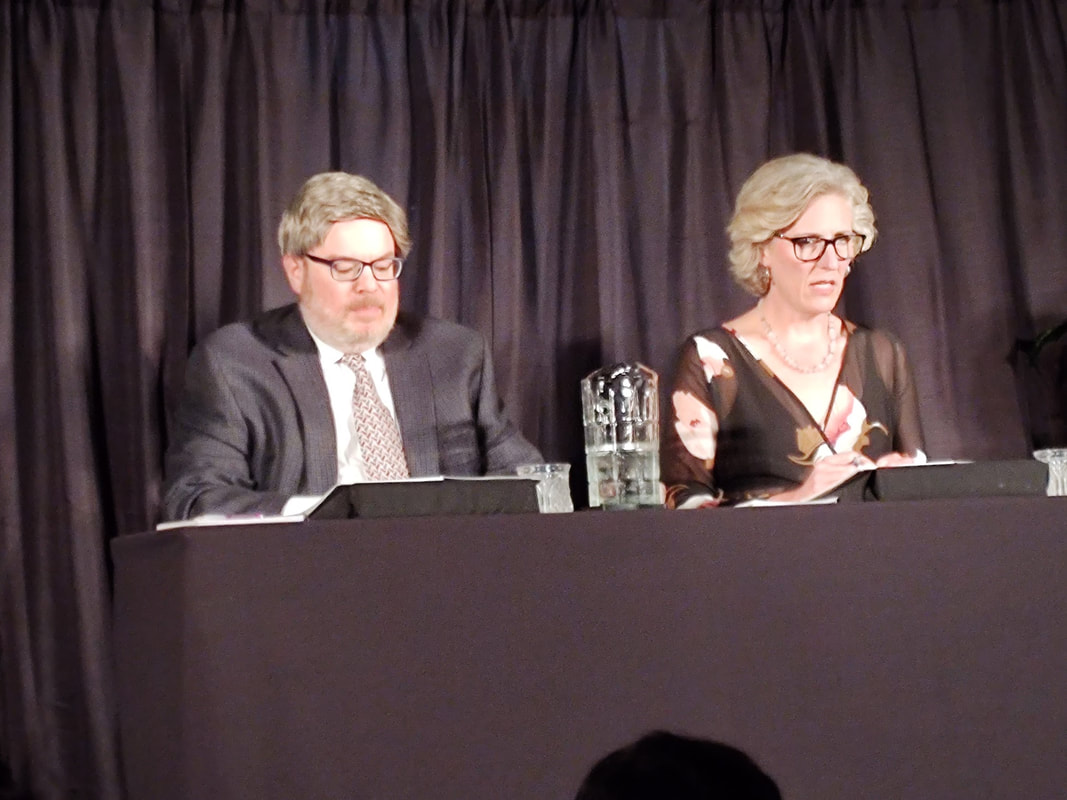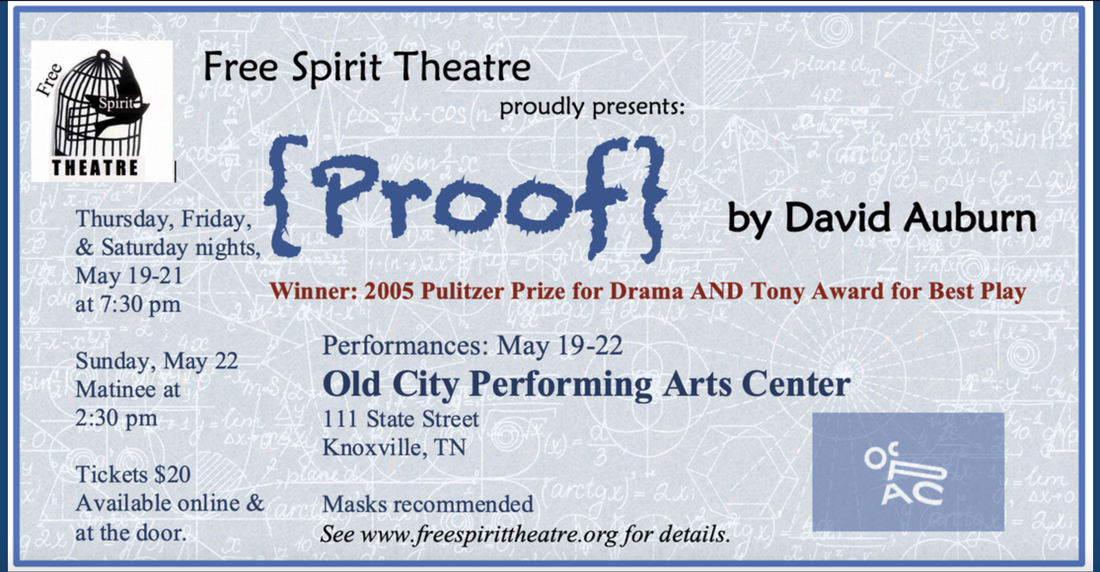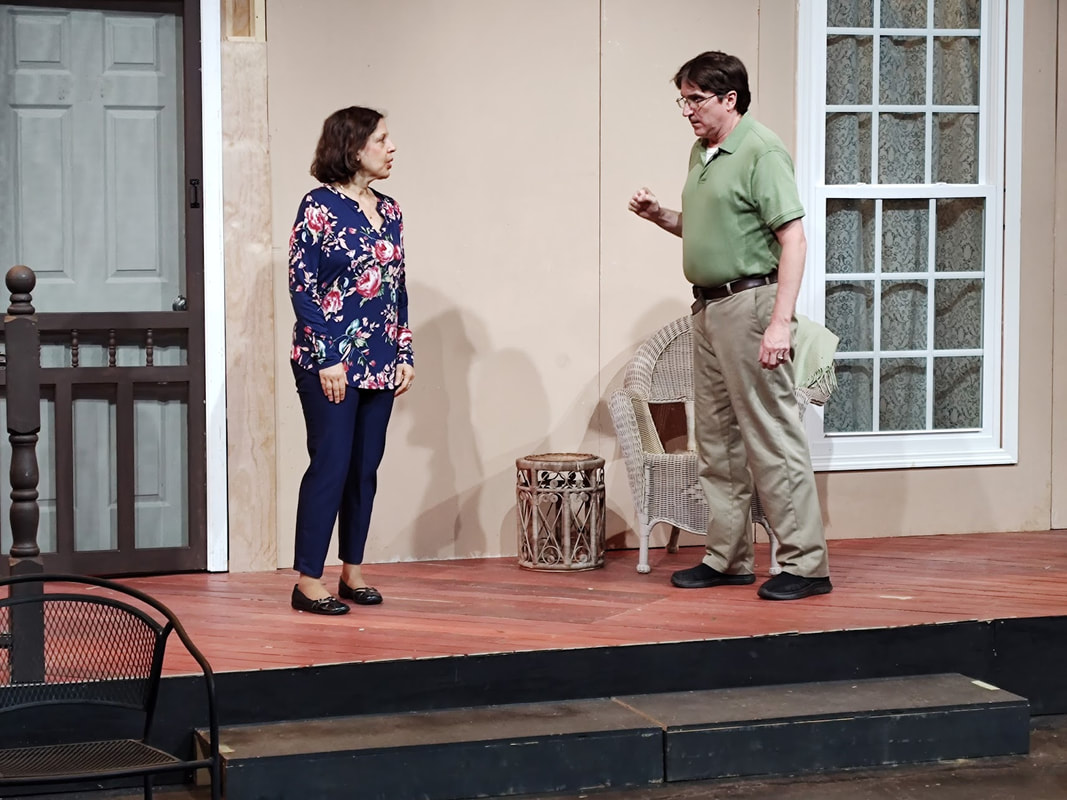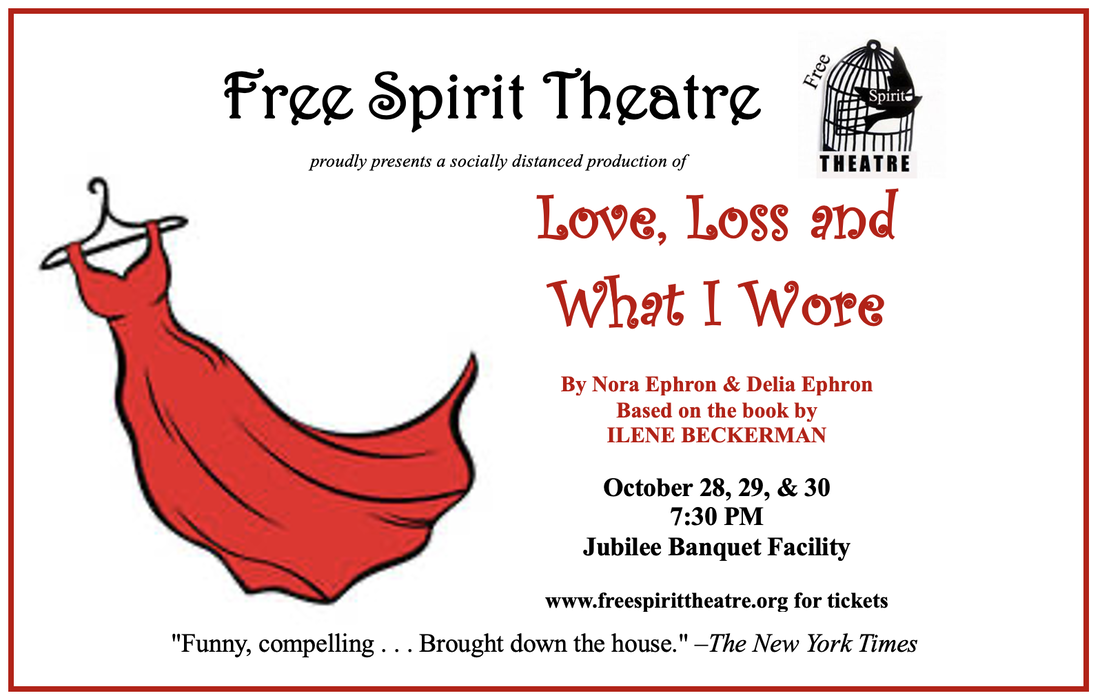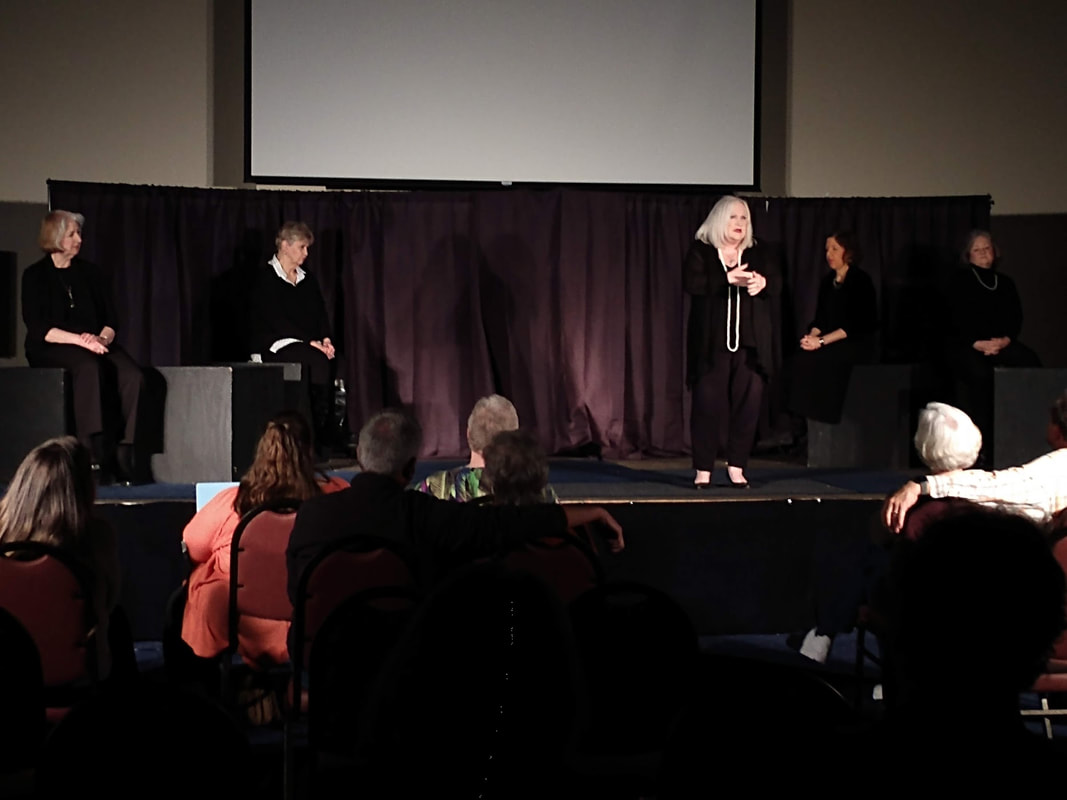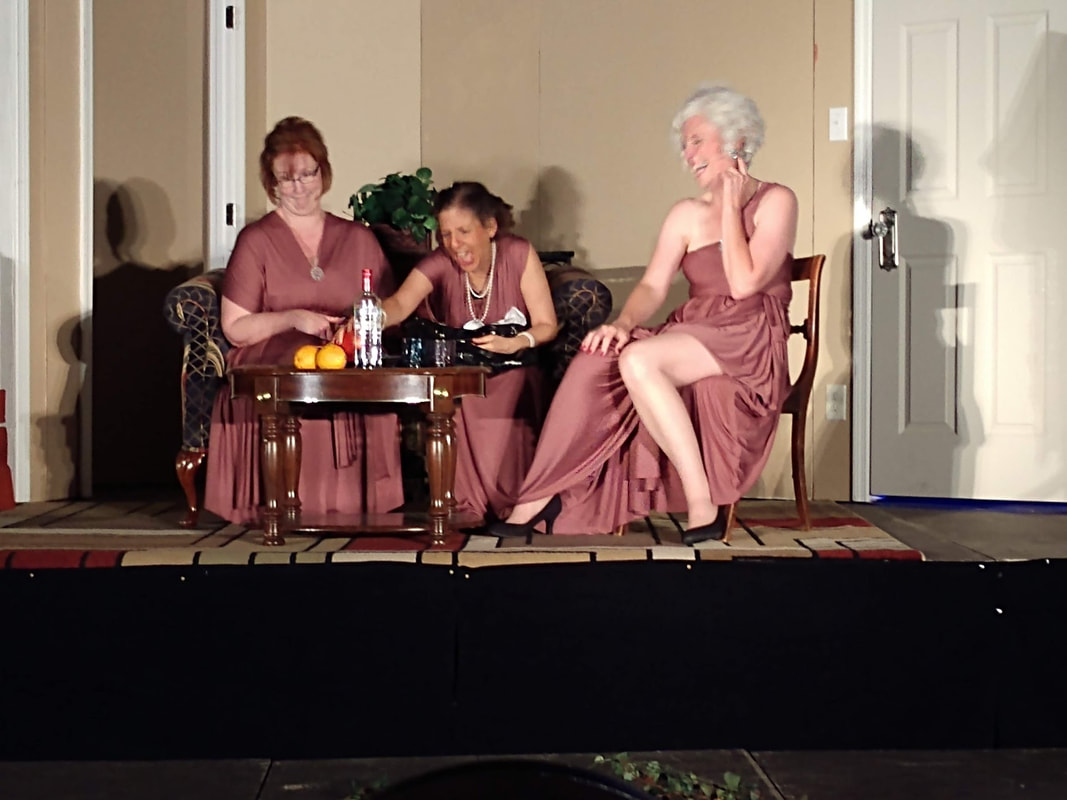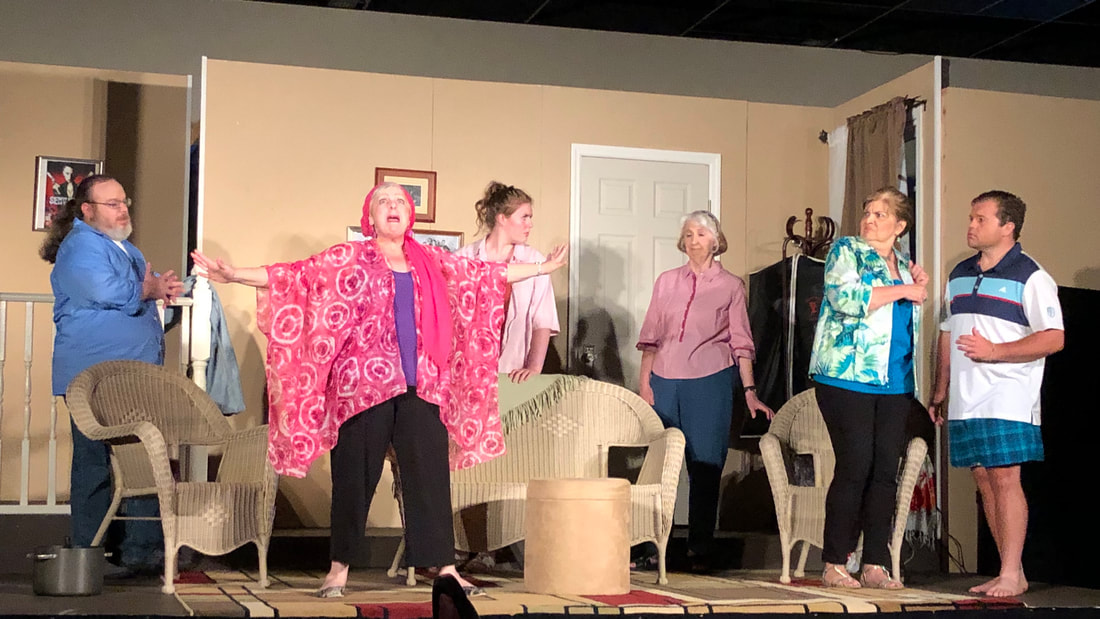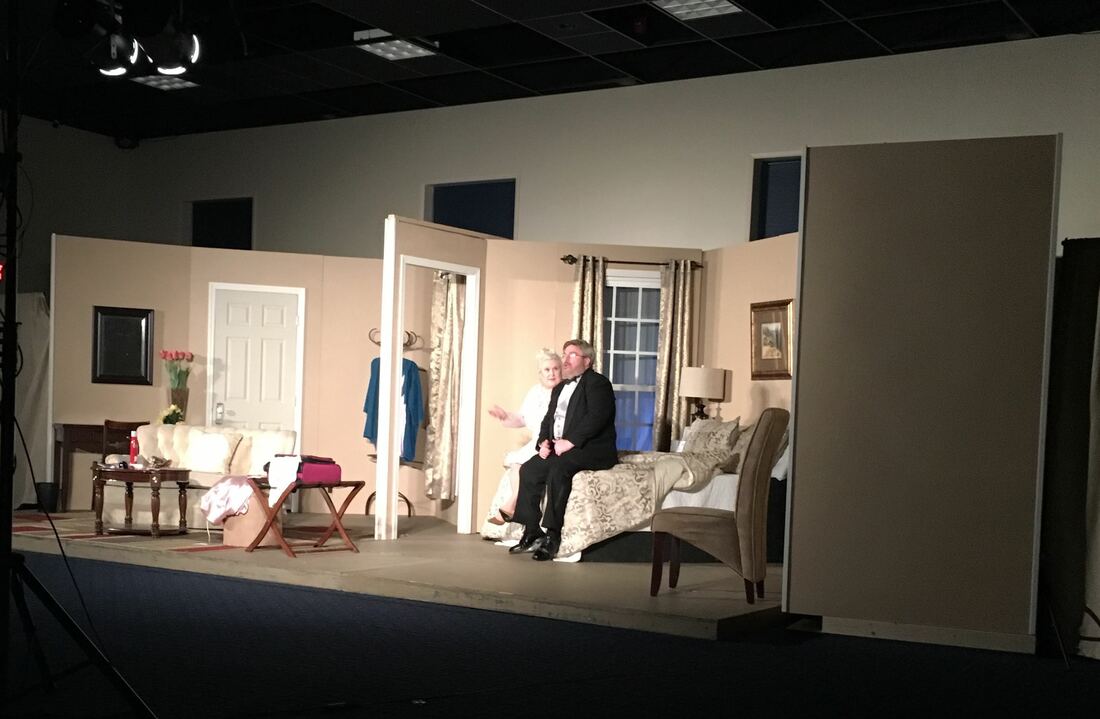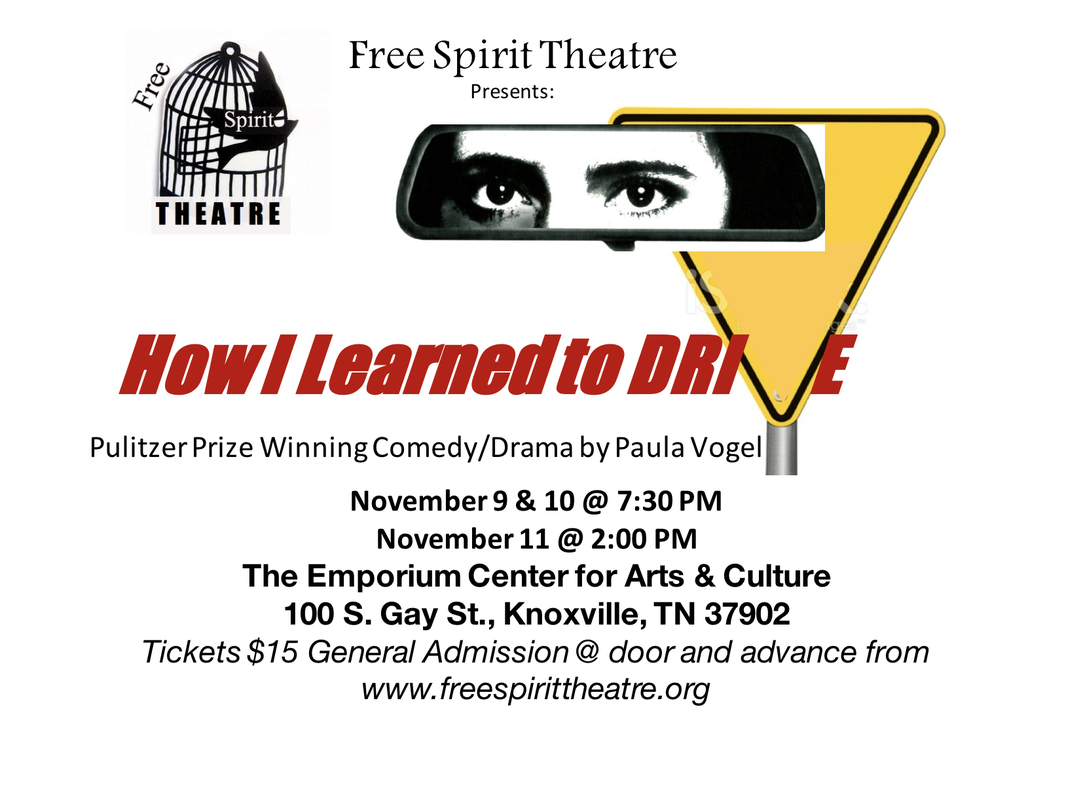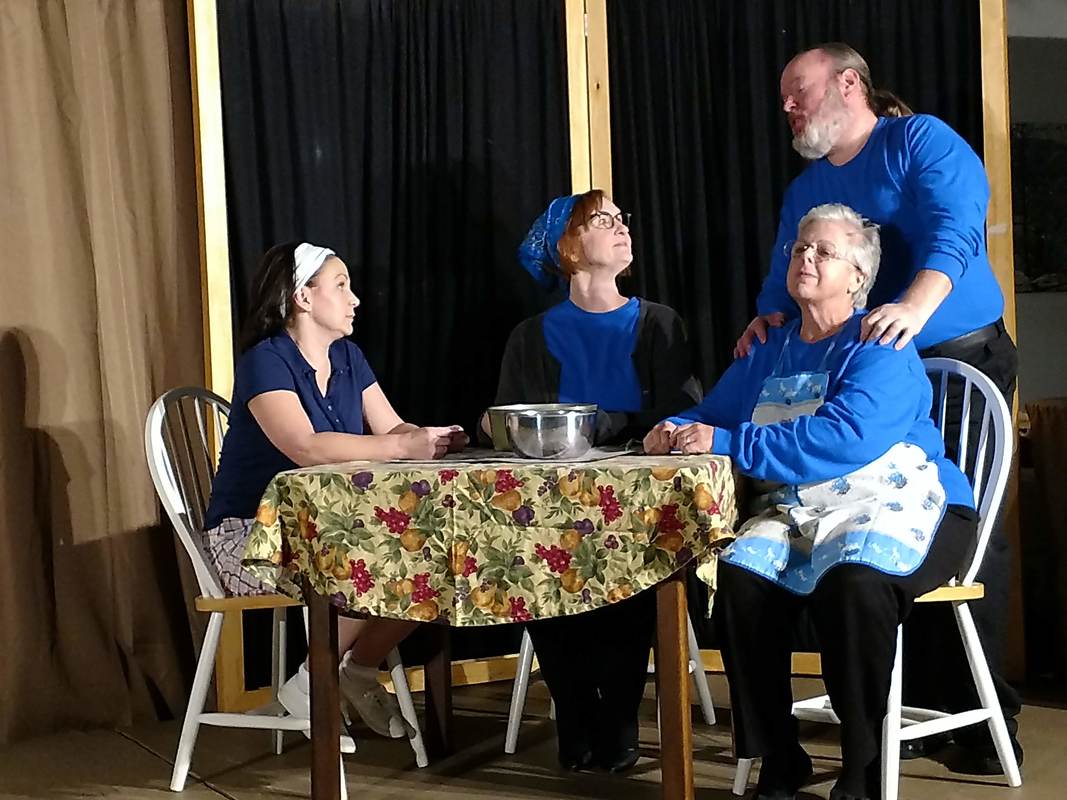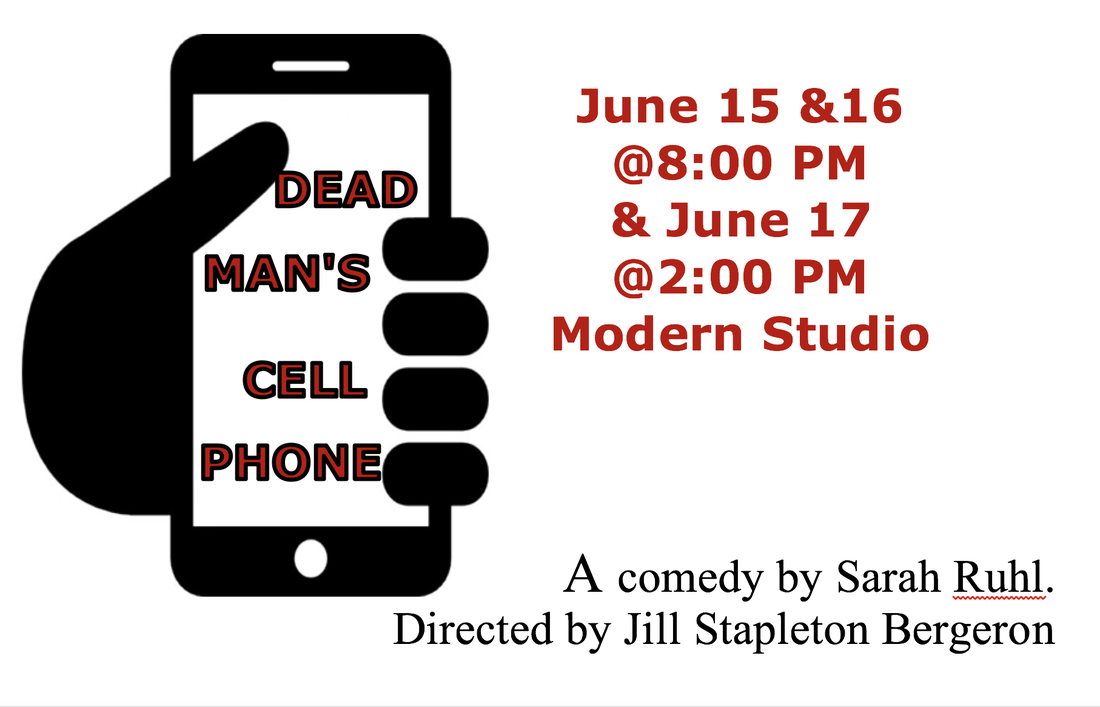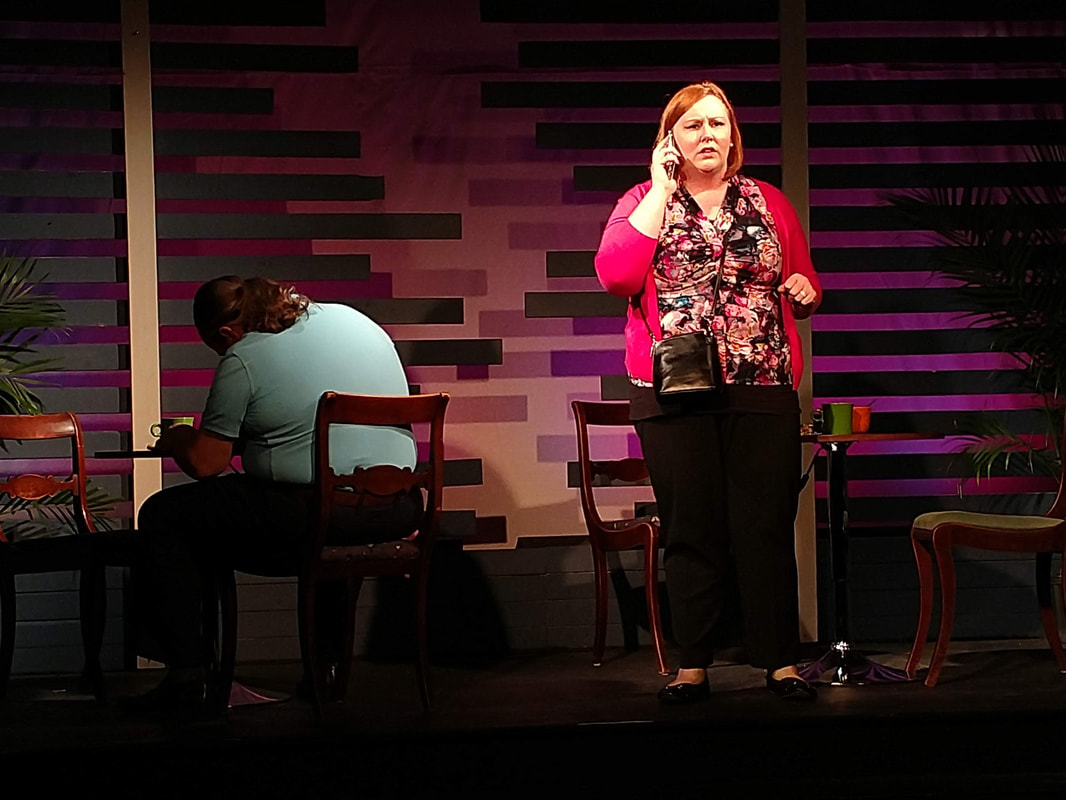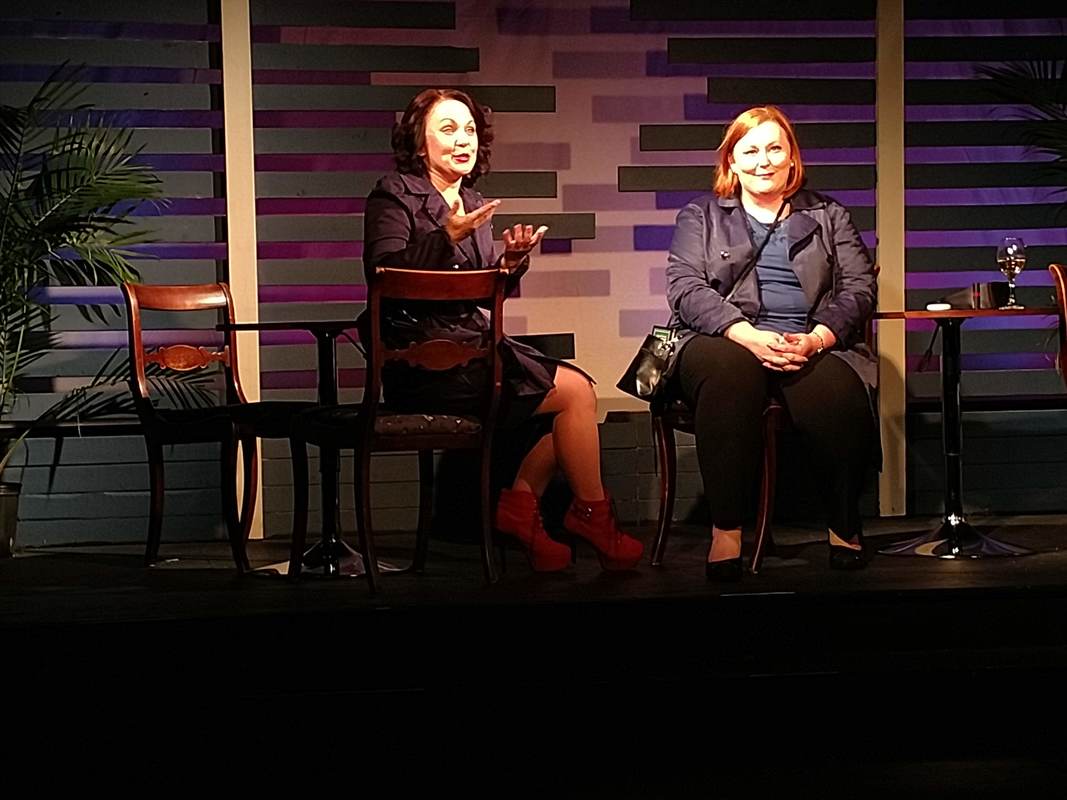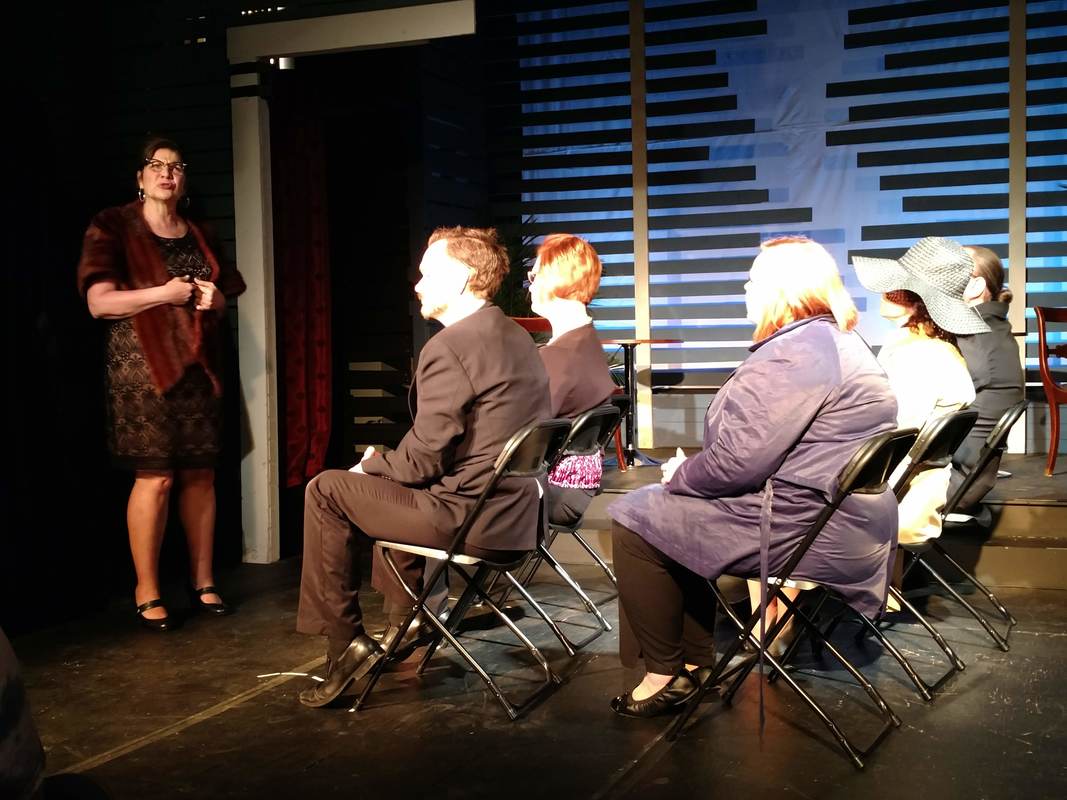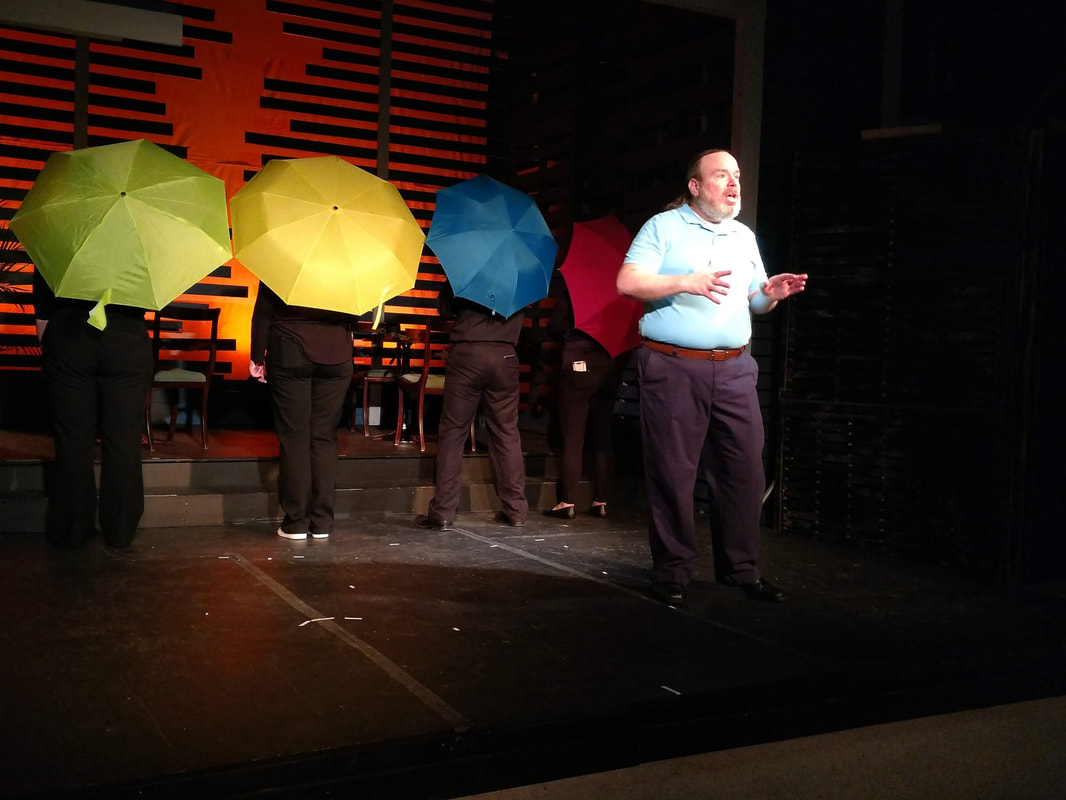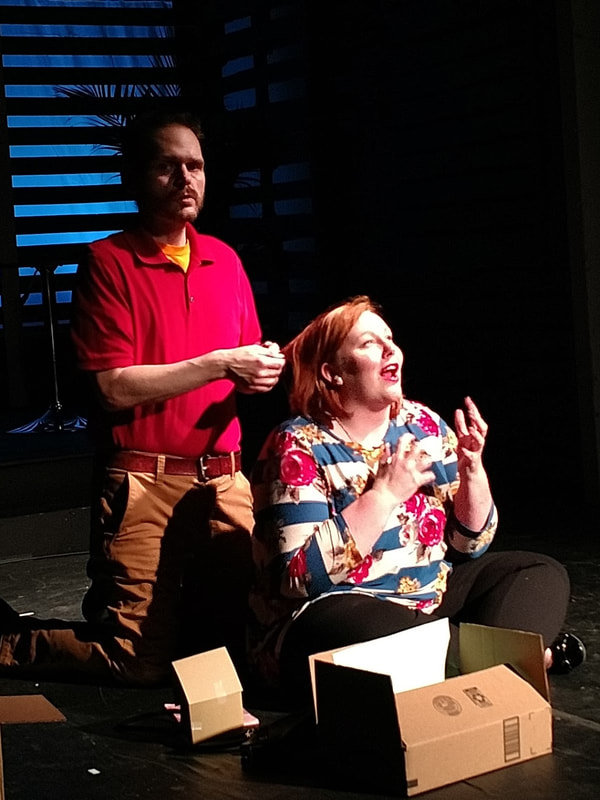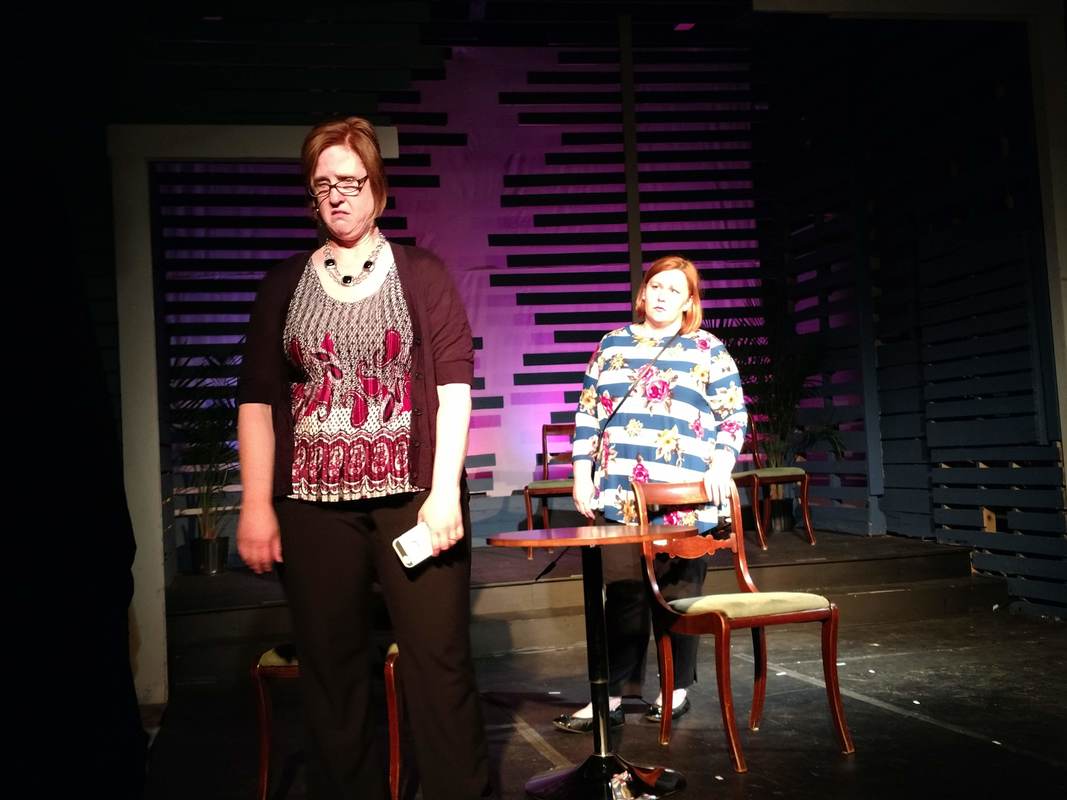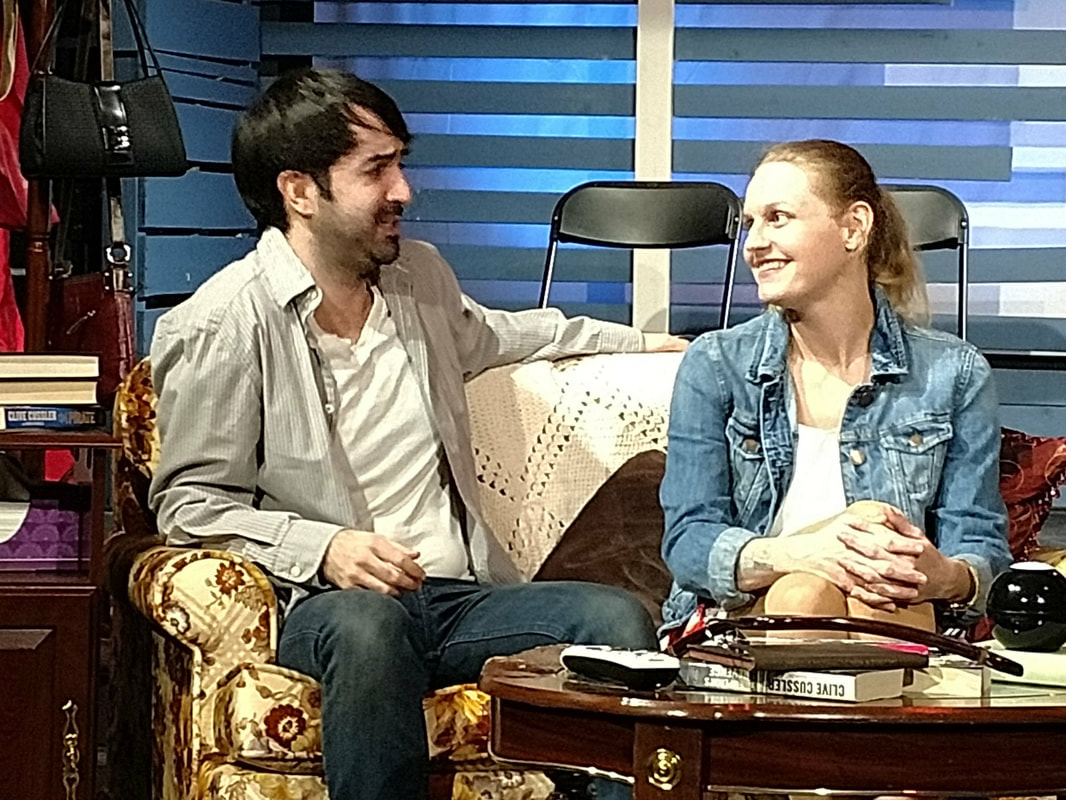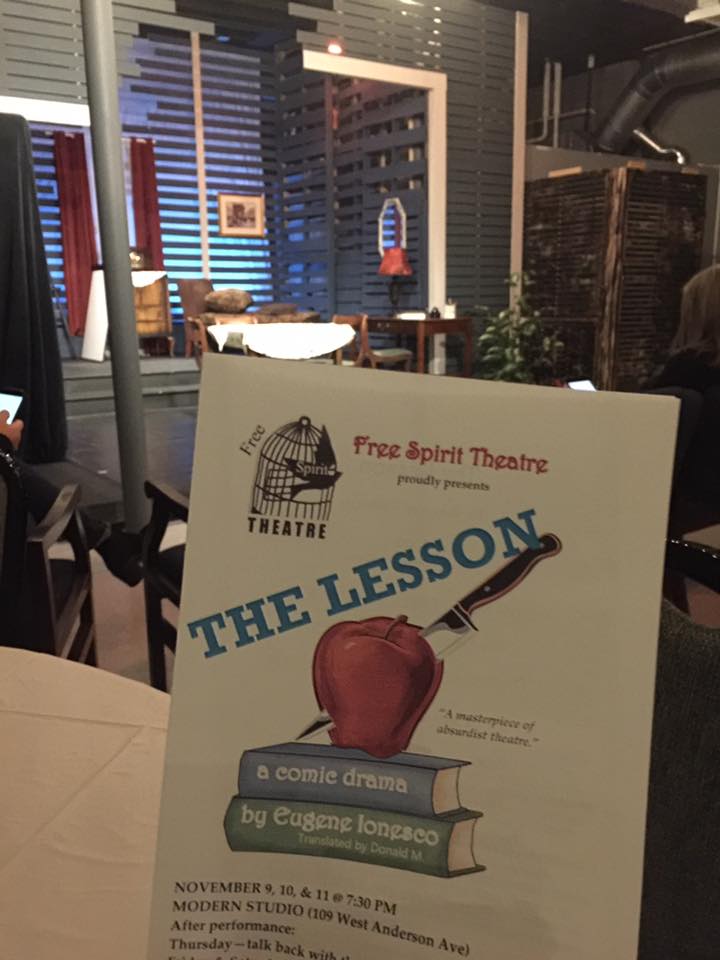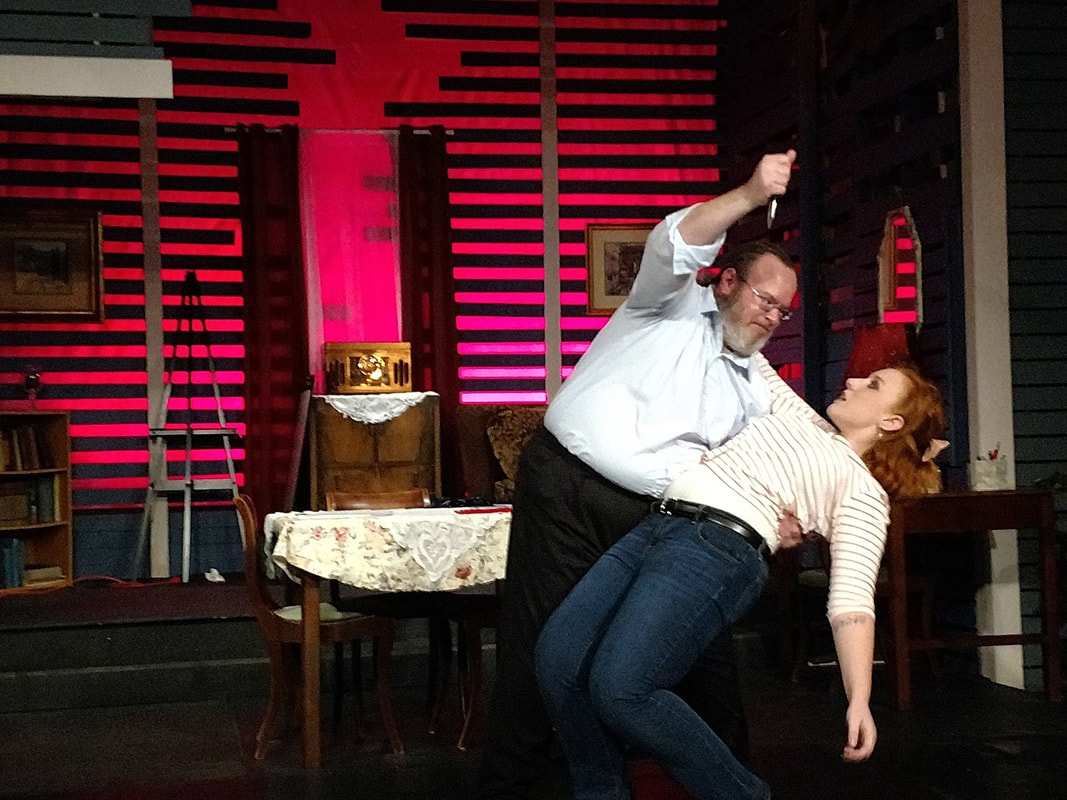Almost, Maine June 2023
August 2022 Love Letters by A.R. Gurney
A unique and imaginative theatre piece which is comprised of letters exchanged over a lifetime between two people who grew up together, went their separate ways, but continued to share confidences. As the actors read the letters aloud, what is created is an evocative, touching, frequently funny but always telling pair of character studies in which what is implied is as revealing and meaningful as what is actually written down.
This ticket is for show only.
This ticket is for show only.
May 2022: Proof by David Auburn
On the eve of her twenty-fifth birthday, Catherine, a troubled young woman, has spent years caring for her brilliant but unstable father, a famous mathematician. Now, following his death, she must deal with her own volatile emotions; the arrival of her estranged sister, Claire; and the attentions of Hal, a former student of her father’s who hopes to find valuable work in the 103 notebooks that her father left behind. Over the long weekend that follows, a burgeoning romance and the discovery of a mysterious notebook draw Catherine into the most difficult problem of all: How much of her father’s madness—or genius—will she inherit?
Winner of the 2001 Pulitzer Prize and Tony Award for Best Play.
“When we think of the great American playwrights, we think of Arthur Miller and Eugene O’Neill and Lillian Hellman, in earlier generations; Wendy Wasserstein and Tony Kushner, Jon Robin Baitz and Donald Margulies today: They are always writing about big ideas and wrapping them in family squabbles that get us where we live. Welcome David Auburn to the club.” —NY Magazine.
“…combines elements of mystery and surprise with old-fashioned storytelling to provide a compelling evening of theatre…[PROOF is a] smart and compassionate play of ideas.” NY Daily News.
“PROOF surprises us with its aliveness…Mr. Auburn takes pleasure in knowledge…At the same time, he is unshowily fresh and humane, and he has written a lovely play.” —NY Observer.
“[A] wonderfully funny…ambitiously constructed work…” —Variety.
“When we think of the great American playwrights, we think of Arthur Miller and Eugene O’Neill and Lillian Hellman, in earlier generations; Wendy Wasserstein and Tony Kushner, Jon Robin Baitz and Donald Margulies today: They are always writing about big ideas and wrapping them in family squabbles that get us where we live. Welcome David Auburn to the club.” —NY Magazine.
“…combines elements of mystery and surprise with old-fashioned storytelling to provide a compelling evening of theatre…[PROOF is a] smart and compassionate play of ideas.” NY Daily News.
“PROOF surprises us with its aliveness…Mr. Auburn takes pleasure in knowledge…At the same time, he is unshowily fresh and humane, and he has written a lovely play.” —NY Observer.
“[A] wonderfully funny…ambitiously constructed work…” —Variety.
About Plaza Suite:
"Set the town laughing." - The New York Times
"Wonderfully funny...The blockbuster (3rd playlet) is the wildest and most uproarious farce I have seen on a stage." - New York Daily News
"A wonderfully happy and gratifying evening of sheer entertainment...Richly funny." - New York Post
Hilarity abounds in this portrait of three couples successively occupying a suite at the Plaza. A suburban couple take the suite while their house is being painted and it turns out to be the one in which they honeymooned 23 (or was it 24?) years before and was yesterday the anniversary, or is it today? This wry tale of marriage in tatters is followed by the exploits of a Hollywood producer who, after three marriages, is looking for fresh fields. He calls a childhood sweetheart, now a suburban housewife, for a little diversion. Over the years she has idolized him from afar and is now more than the match he bargained for. The last couple is a mother and father fighting about the best way to get their daughter out of the bathroom and down to the ballroom where guests await her or as Mother yells, "I want you to come out of that bathroom and get married!"
"Wonderfully funny...The blockbuster (3rd playlet) is the wildest and most uproarious farce I have seen on a stage." - New York Daily News
"A wonderfully happy and gratifying evening of sheer entertainment...Richly funny." - New York Post
Hilarity abounds in this portrait of three couples successively occupying a suite at the Plaza. A suburban couple take the suite while their house is being painted and it turns out to be the one in which they honeymooned 23 (or was it 24?) years before and was yesterday the anniversary, or is it today? This wry tale of marriage in tatters is followed by the exploits of a Hollywood producer who, after three marriages, is looking for fresh fields. He calls a childhood sweetheart, now a suburban housewife, for a little diversion. Over the years she has idolized him from afar and is now more than the match he bargained for. The last couple is a mother and father fighting about the best way to get their daughter out of the bathroom and down to the ballroom where guests await her or as Mother yells, "I want you to come out of that bathroom and get married!"
About the play:
--A wildly funny, surprising and devastating tale of survival as seen through the lens of a troubling relationship between a young girl and an older man. HOW I LEARNED TO DRIVE is the story of a woman who learns the rules of the road and life from behind the wheel.
--Winner of the 1998 Pulitzer Prize. Co-winner of the Susan Smith Blackburn Prize. Co-winner of the 1998 Lucille Lortel Award for outstanding play. "Ms. Vogel has written a lovely, harrowing guide to the crippling persistence of one woman's memories." —NY Times.
"…HOW I LEARNED TO DRIVE is a tremendous achievement, genuine and genuinely disturbing…Vogel's delicate tactic makes sense not only as a way to redouble the dramatic effect, but as a representation of reality, a perfect case of the form fitting the subject." —Village Voice.
"With subtle humor and teasing erotic encounters, Vogel addresses the dangerous intersections of teenage temptation. She also paints a richly poetic and picturesque landscape…The play is a potent and convincing comment on a taboo subject, and its impact sneaks up on its audience." —Variety.
"…HOW I LEARNED TO DRIVE turns out to be a most compelling ride." —BackStage.
--A wildly funny, surprising and devastating tale of survival as seen through the lens of a troubling relationship between a young girl and an older man. HOW I LEARNED TO DRIVE is the story of a woman who learns the rules of the road and life from behind the wheel.
--Winner of the 1998 Pulitzer Prize. Co-winner of the Susan Smith Blackburn Prize. Co-winner of the 1998 Lucille Lortel Award for outstanding play. "Ms. Vogel has written a lovely, harrowing guide to the crippling persistence of one woman's memories." —NY Times.
"…HOW I LEARNED TO DRIVE is a tremendous achievement, genuine and genuinely disturbing…Vogel's delicate tactic makes sense not only as a way to redouble the dramatic effect, but as a representation of reality, a perfect case of the form fitting the subject." —Village Voice.
"With subtle humor and teasing erotic encounters, Vogel addresses the dangerous intersections of teenage temptation. She also paints a richly poetic and picturesque landscape…The play is a potent and convincing comment on a taboo subject, and its impact sneaks up on its audience." —Variety.
"…HOW I LEARNED TO DRIVE turns out to be a most compelling ride." —BackStage.
ABOUT THE PLAY
"Satire is her oxygen [...] In her new oddball comedy, Dead Man's Cell Phone, Sarah Ruhl is forever vital in her lyrical and biting takes on how we behave." - The Washington Post
"Ruhl's zany probe of the razor-thin line between life and death delivers a fresh and humorous look at the times we live in." - Variety
"[Ruhl] tackles big ideas with a voice that entertains" - NPR
"The beguiling new comedy [...] blends the mundane and the metaphysical, the blunt and the obscure, the patently bizarre and the bizarrely moving [...] [Ruhl] writes surrealist fantasies that happen to be populated by eccentrically real people, comedies in which the surface illogic of dreams is made meaningful – made truthful – by the deeper logic of human feeling."
- The New York Times
- Sarah Ruhl is the 2003 recipient of the Whiting Award for Drama
"Satire is her oxygen [...] In her new oddball comedy, Dead Man's Cell Phone, Sarah Ruhl is forever vital in her lyrical and biting takes on how we behave." - The Washington Post
"Ruhl's zany probe of the razor-thin line between life and death delivers a fresh and humorous look at the times we live in." - Variety
"[Ruhl] tackles big ideas with a voice that entertains" - NPR
"The beguiling new comedy [...] blends the mundane and the metaphysical, the blunt and the obscure, the patently bizarre and the bizarrely moving [...] [Ruhl] writes surrealist fantasies that happen to be populated by eccentrically real people, comedies in which the surface illogic of dreams is made meaningful – made truthful – by the deeper logic of human feeling."
- The New York Times
